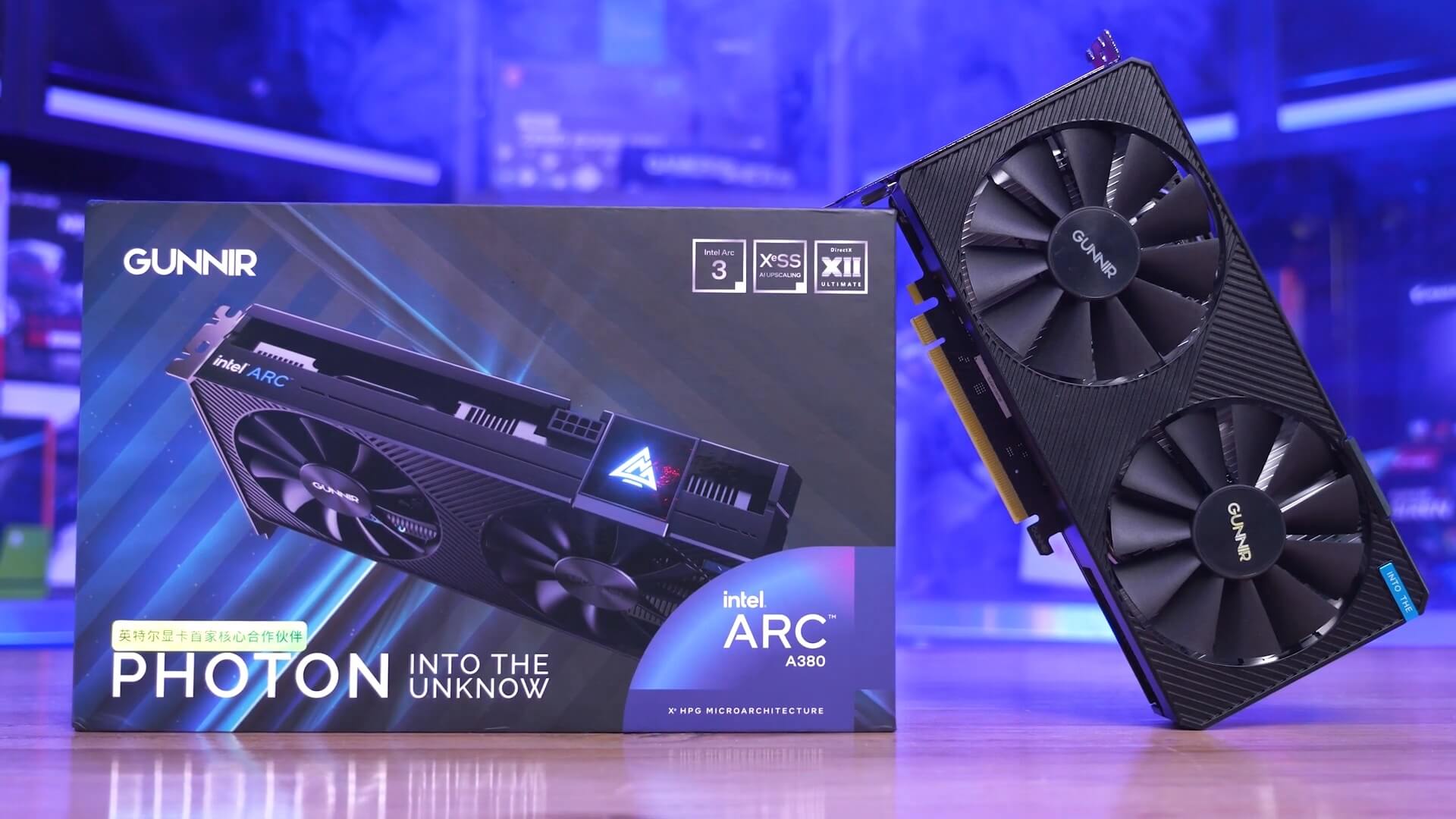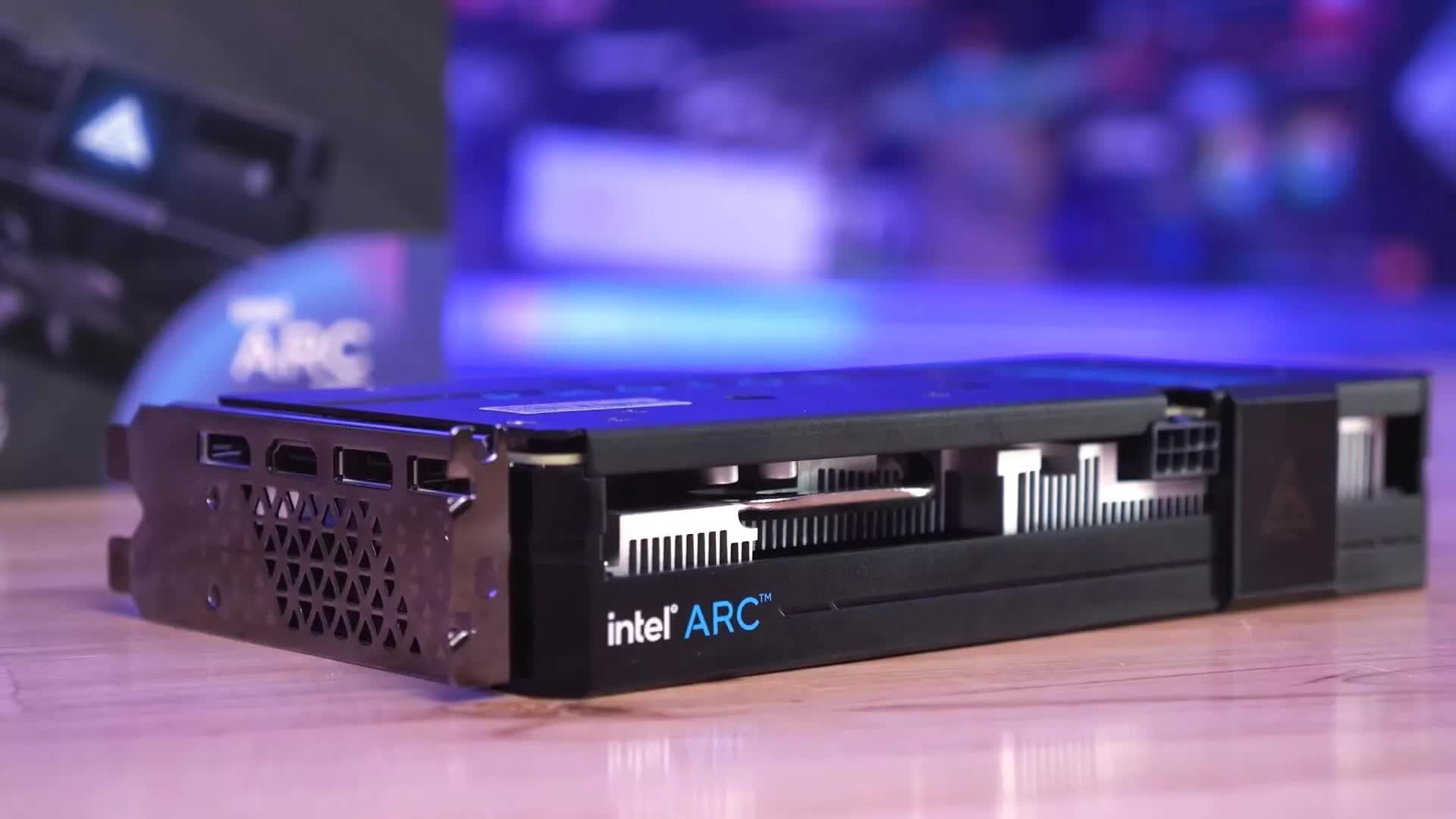Why it matters: The troubled launch of Arc Alchemist has invited rumors that Intel might abandon its attempts to become the third pillar of the discrete graphics card market. The company denies these rumors, even as internal reorganization intensifies speculation over the fate of Intel's future GPUs.
Intel recently announced that it's splitting its Accelerated Computing Group (AXG) in two to focus better on the consumer and data center graphics markets. Raja Koduri, AXG's founder, will once again be Intel's Chief Architect to coordinate the CPU, GPU, and AI divisions.
The group's consumer graphics team - in charge of the Intel Arc discrete graphics cards - will join Intel's Client Computing Group. The accelerated computing teams will join the data center and AI group - another important enterprise-side market for graphics processing. Nvidia dominates both markets.
It's easy to interpret this reorganization and reassignment as a bad sign for Arc GPUs, but Intel maintains it has no plans to sunset the brand. The company says it will keep supporting the Alchemist line and still plans to launch its successors - Battlemage and Celestial - in the coming years.

Intel had to delay the Alchemist graphics cards multiple times before shipping them in the middle of 2022, and they haven't significantly impacted Nvidia's and AMD's market share. Intel's Arc 380 proved disappointing compared to other low-end GPUs like AMD's Radeon RX 6400 or Nvidia's GTX 1650. Meanwhile, Intel's A750 and A770 compared somewhat favorably to Nvidia's mid-range cards from one and two years prior, suggesting the delays put Intel behind the curve.
Upon launch, one of Arc Alchemist's most prominent weaknesses was its disappointing performance in DirectX 11 and DirectX 9 games. Intel mainly focused on DirectX 12 performance for playing the latest titles, but many recent games still use DirectX 11. Counter-Strike: Global Offensive - the most popular game on Steam despite its age - still uses DirectX 9. The company has had to play catch-up to improve performance in older games, but its extensive driver updates to that effect suggest Intel isn't giving up yet.
The chip giant told Tom's Hardware that while it's committed to shipping Battlemage, it won't set any firm release dates yet. The delays that plagued Alchemist taught Intel to be more cautious with promises as it enters a new arena.
